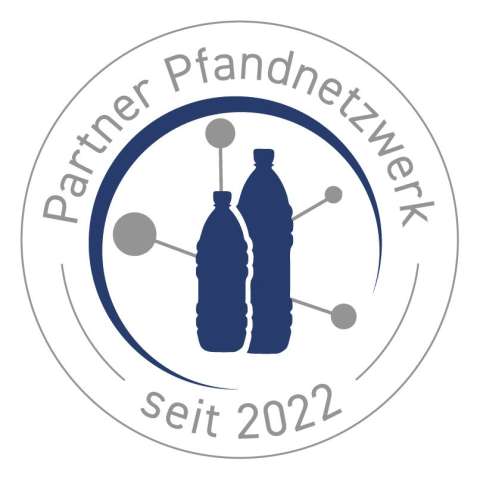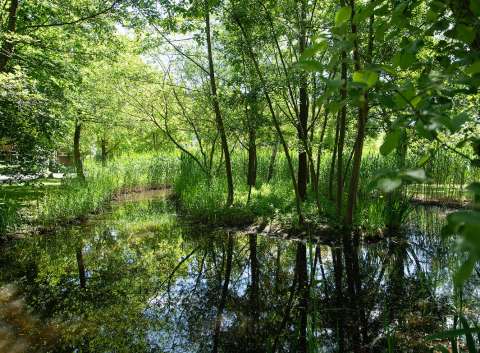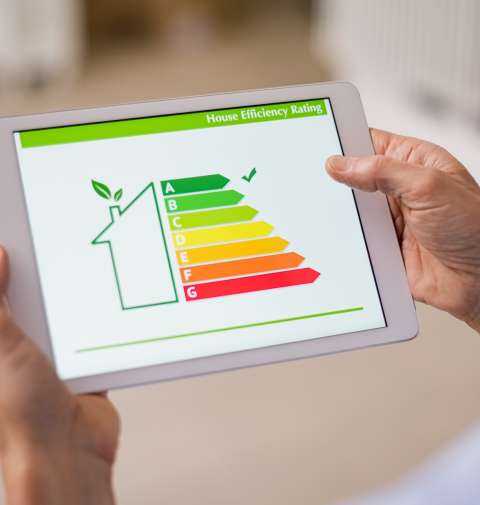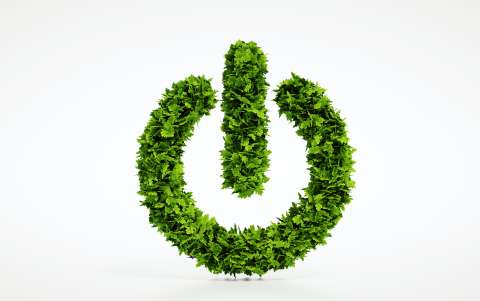What does DFS do to protect the environment at our sites?
Environmental and climate protection play a central role at DFS. We ensure that flight procedures are as direct and fuel-efficient as possible and that residents are protected from aircraft noise as best as possible. However, our contribution to environmental protection does not end there. We also take care of the environment at our sites.





